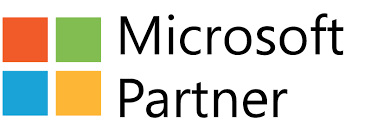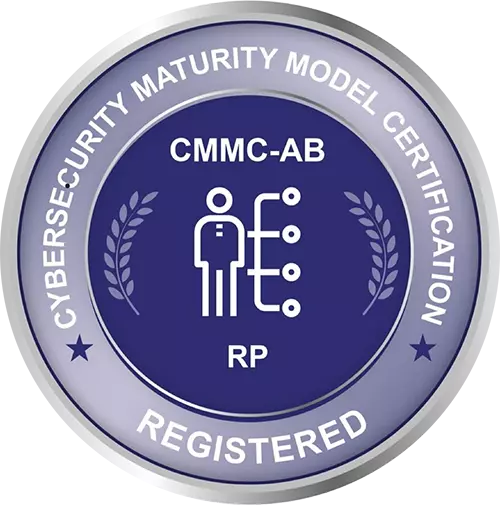
Long-Term Benefits of Case Management for Healthcare Providers
In today’s healthcare landscape, the demands on providers to deliver high-quality care while managing costs continue to grow. Case management offers a solution that not only improves patient outcomes but also provides significant long-term benefits for healthcare providers.
At HealthCare Resolution Services (HCRS), we specialize in case management solutions that empower healthcare providers to achieve sustainable success by enhancing patient care, reducing costs, and streamlining operations.
What Is Case Management in Healthcare?
Case management is a collaborative process designed to assess, plan, implement, and monitor individualized care plans for patients. By coordinating resources and addressing specific patient needs, case management ensures that healthcare is efficient, effective, and patient-centered.
For healthcare providers, case management offers a strategic approach to meeting care goals while managing organizational challenges such as cost containment and regulatory compliance.
The Long-Term Benefits of Case Management for Healthcare Providers
Improved Patient Outcomes
Coordinated care plans lead to better health outcomes by addressing patients’ medical, social, and emotional needs. Healthier patients contribute to improved provider ratings and reduced long-term costs.Cost Reduction
Effective case management minimizes unnecessary hospitalizations, readmissions, and emergency department visits, resulting in significant cost savings for healthcare organizations.Enhanced Operational Efficiency
Streamlined communication between care teams, patients, and external providers reduces duplication of services and improves workflow efficiency.Regulatory Compliance
Case management helps providers meet compliance requirements by ensuring that care plans adhere to established standards and guidelines.Increased Patient Satisfaction
Personalized care and proactive communication enhance the patient experience, leading to higher satisfaction scores and loyalty.Stronger Provider-Patient Relationships
Ongoing engagement with patients fosters trust and collaboration, strengthening relationships and improving long-term outcomes.Data-Driven Insights
Case management systems provide valuable data for analyzing trends, identifying gaps in care, and improving decision-making over time.
How Case Management Supports Healthcare Providers
Proactive Risk Management
Case managers identify potential health risks early, allowing providers to address issues before they escalate into more significant problems.Resource Optimization
By connecting patients with the right resources at the right time, providers can reduce waste and focus on delivering value-based care.Chronic Disease Management
Patients with chronic conditions benefit from continuous monitoring and tailored care plans, reducing complications and improving quality of life.Improved Team Collaboration
Case management fosters better communication and coordination among healthcare providers, ensuring seamless transitions of care.
Why Healthcare Providers Should Invest in Case Management
Healthcare providers face increasing pressure to deliver measurable results while controlling costs. Case management addresses these challenges by providing:
- A Competitive Edge: Providers with strong case management programs are better equipped to succeed in a value-based care environment.
- Long-Term Sustainability: Improved efficiency and cost control create a foundation for sustainable growth.
- Enhanced Reputation: Superior patient outcomes and satisfaction reinforce your organization’s reputation for excellence.
Our Case Management Solutions at HCRS
We deliver customized case management solutions that align with your organization’s goals. Our services include:
- Patient Assessments: Comprehensive evaluations to identify individual needs and develop personalized care plans.
- Care Coordination: Seamless integration of services to ensure patients receive timely, effective care.
- Ongoing Monitoring: Continuous oversight to track progress and adjust care plans as necessary.
- Training and Support: Empowering healthcare teams with the knowledge and tools needed to implement successful case management programs.
Frequently Asked Questions
Q: How does case management improve operational efficiency?
A: By streamlining communication and coordination, case management reduces duplication of services and ensures resources are used effectively.
Q: Can case management benefit small healthcare providers?
A: Yes, case management is scalable and can be tailored to meet the needs of healthcare organizations of all sizes.
Q: What role does technology play in case management?
A: Technology supports case management by providing tools for tracking patient progress, analyzing data, and facilitating communication among care teams.
Unlock the Long-Term Benefits of Case Management
Investing in case management is more than a short-term solution — it’s a long-term strategy for improving patient outcomes, reducing costs, and achieving organizational success.
We’re dedicated to helping healthcare providers implement case management programs that deliver sustainable benefits.
Contact us today to learn how our case management solutions can transform your organization and enhance patient care.










